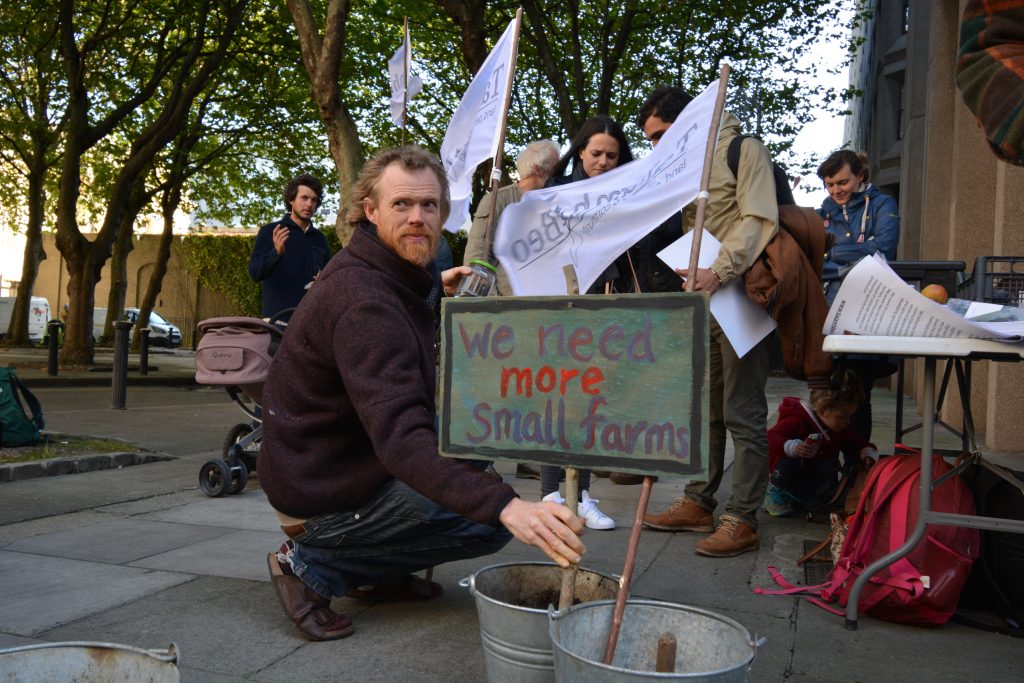Minister for Agriculture: new CAP must ensure better environmental outcomes

22 September 2020
The new Common Agricultural Policy must ensure “better environmental and climate outcomes,” the Minister for Agriculture has said.
Minister Charlie McConalogue made the declaration at his first EU AgriFish Council meeting yesterday and named climate as the “key issue facing us”.
The Minister also called for CAP funding to be sustained in the face of any lower-than-planned uptake of eco-farming schemes and for Direct Payments to farmers to be reduced to €60,000 with “flexibility retained, as far as possible”.
A new CAP is currently being drafted for 2021 – 2027, and according to the European Union, 40 per cent of its overall budget and at least 30 per cent of the Maritime Fisheries Fund will be geared towards climate action.
However, the new policy will have a reduced budget which means there are less available funds to allocate.
Following the meeting, the German Minister for Agriculture Julia Klöckner acknowledged that progress had been made in regards to reforming the policy, but that certain issues remain to be discussed.
Further conversations, according to the meeting recap, are needed on the approval process of national strategic plans and on the need for a simplified policy.
“One thing remains unchanged: our focus on European farmers to stay competitive while transitioning to greener practices,” Ms. Klöckner said following the meeting.
“We need to leave no doubt that our green ambitions are real and achievable for European farmers”, she added.
The Commission published a working document in May for integrating the CAP into the Green Deal and said that the plans currently being written by Member States, including Ireland, must now reflect the ambition of the Green Deal.
The Deal’s agri-food elements call for a halving of pesticide use and for a reduction of 20 per cent in overuse of fertiliser. High diversity landscapes must increase by 10 per cent and organic farming must account for up to a quarter of food production by the end of the decade.

Ireland’s agriculture policy & climate
Agriculture has been the longstanding greatest source of Ireland’s emissions and its contribution continues to increase.
According to the latest Central Statistics Office report, the sector now accounts for over a third of our total emissions.
The trend sets Ireland out as European outlier, as member states’ agricultural emissions average out at 10 per cent.
In addition to its environmental sustainability issues, non-commercial agriculture has faced longstanding challenges to their economic well being.
Roughly half of family farms require off-farm income to remain financially viable and their at-risk-of-poverty rate has increased steadily over the course of the past decade, according to Social Justice Ireland.
Protesters have recently called for a radical change to the CAP and highlighted that Irish beef and dairy farmers are “left dependent” on the policy for a decent wage due to meat plants controlling the price of produce by a lack of competitiveness between them.
Additionally, they argue, the system fails to meet Irish nutritional needs, as it remains a net importer of food energy, creating vulnerability to changes to international markets and interruptions to food supply.
[x_author title=”About the Author”]







